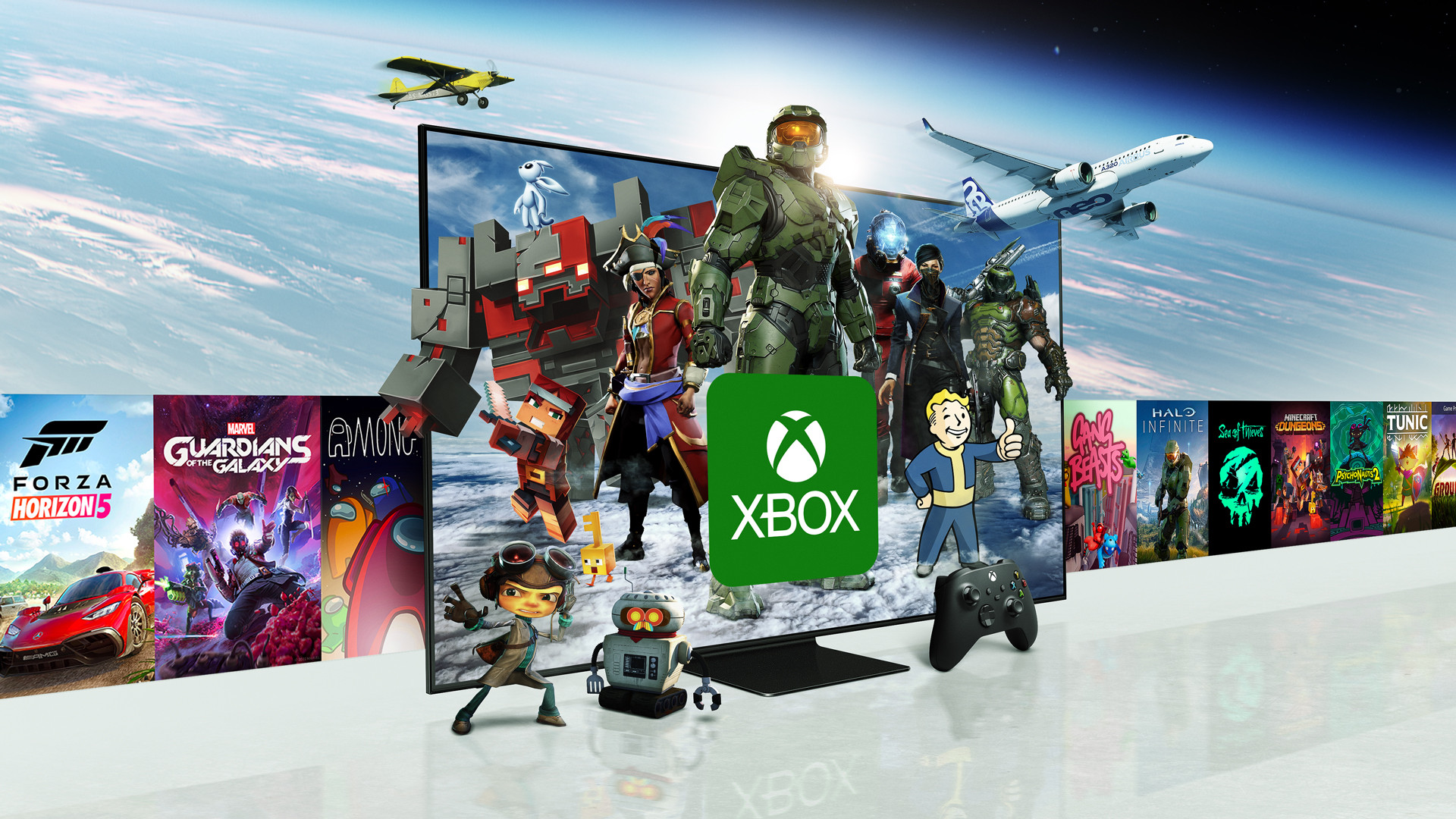This lawsuit could stop Microsoft from acquiring Activision Blizzard
The Federal Trade Commission (FTC) has filed a lawsuit in an effort to block Microsoft’s planned acquisition of Activision Blizzard.
Back in January, Microsoft announced its plans to buy Activision Blizzard, but according to a press release issued by the US watchdog, the FTC claims that Microsoft’s proposed acquisition of the Call of Duty publisher “would enable Microsoft to suppress competitors to its Xbox gaming consoles and its rapidly growing subscription content and cloud-gaming business”.
The redacted complaint itself claims that the merger would “substantially lessen competition or tend to create a monopoly in multiple markets.” In layman’s terms, it could give Microsoft control over certain markets due to a lack of competition.
Not only does the FTC fear the acquisition creates “increased incentive to use [Microsoft’s] control of Activision titles to disadvantage Microsoft’s competitors,” but the complaint also details concerns for Microsoft’s potential to manipulate markets in the long-term by adjusting Activision’s price points. Microsoft has already announced plans to hike the price of Xbox exclusives in 2023.
The suit is a critical hurdle in Microsoft’s acquisition of Activision Blizzard, and it could wind up putting a stop to its proposed purchase altogether.

Much ado about everything
In recent years, Microsoft has loosened the company purse strings considerably; its offer of an eyewatering US$68.7 billion for the Call of Duty publisher is just the tip of the iceberg. The suit brought forward by the FTC highlights Microsoft’s more recent acquisitions as a cause for concern, should its proposed Activision Blizzard acquisition go ahead.
“Microsoft’s past conduct provides a preview of the combined firm’s likely plans if it consummates the Proposed Acquisition [of Activision-Blizzard], despite any assurances the company may offer regarding its plans,” the complaint reads.
Its acquisition of triple-A studio Bethesda’s parent company, ZeniMax, is used as an example. It was a highly-controversial purchase, but the FTC references how Microsoft told the European Commission (EC) that they “would not have the incentive to withhold ZeniMax titles from rival consoles”.
But, shortly after the EC cleared the transaction, Microsoft made public its decision to make several of the newly acquired ZeniMax titles, including Starfield, Redfall, and Elder Scrolls 6, Microsoft exclusives.”
This means that despite Microsoft’s assurances to the EC, and with pressure for Starfield to be a platform seller as the first Bethesda creation under Microsoft, the studio’s upcoming titles will not be debuting on rival consoles the PS5 or Nintendo Switch after all.
We continue to believe that our deal to acquire Activision Blizzard will expand competition and create more opportunities for gamers and game developers.December 8, 2022
A united front
Microsoft President Brad Smith has publicly responded to the suit on Twitter, specifically addressing the concerns of the FTC regarding Microsoft’s potential use of the merger as a major market disruptor that could cut off their competitors at the source.
“We continue to believe that our deal to acquire Activision Blizzard will expand competition and create more opportunities for gamers and game developers,” his first comment reads.
“While we believe in giving peace a chance, we have complete confidence in our case and welcome the opportunity to present it in court,” Smith stated in a follow-up Tweet.
Activision Blizzard has also publicly responded to the suit, with CEO Bobby Kotick news issuing a letter to employees and addressing some of the claims made in the suit.
“I want to reinforce my confidence that this deal will close,” Kotick says, echoing Smith’s sentiment. “The allegation that this deal is anti-competitive doesn't align with the facts, and we believe we’ll win this challenge.”
Kotick then seems to address the FTC indirectly, issuing his vote of confidence in the merger:
“We believe these arguments will win despite a regulatory environment focused on ideology and misconceptions about the tech industry.”

What's next for Microsoft?
Following a vote, the FTC agreed three to one that it would be taking Microsoft to court. However, the lawsuit shouldn’t be taken as a surefire sign that the deal will be blocked from completion. While these can cause a general slowdown of proceedings, they don’t represent a done deal.
The FTC’s concerns aren't the first, either. Earlier this year, Microsoft faced similar concerns from the UK-based Competition and Markets Authority, who claimed that the merger might harm Sony by withholding key titles from the rival console. This shows it’s not just the FTC that is suspicious of Microsoft, as the proposed purchase is undergoing careful examination by international regulatory bodies.
In terms of the FTC filing, Microsoft will have a chance to defend its position in court. At the time of writing, no court dates have been disclosed.
Post a Comment for "This lawsuit could stop Microsoft from acquiring Activision Blizzard"